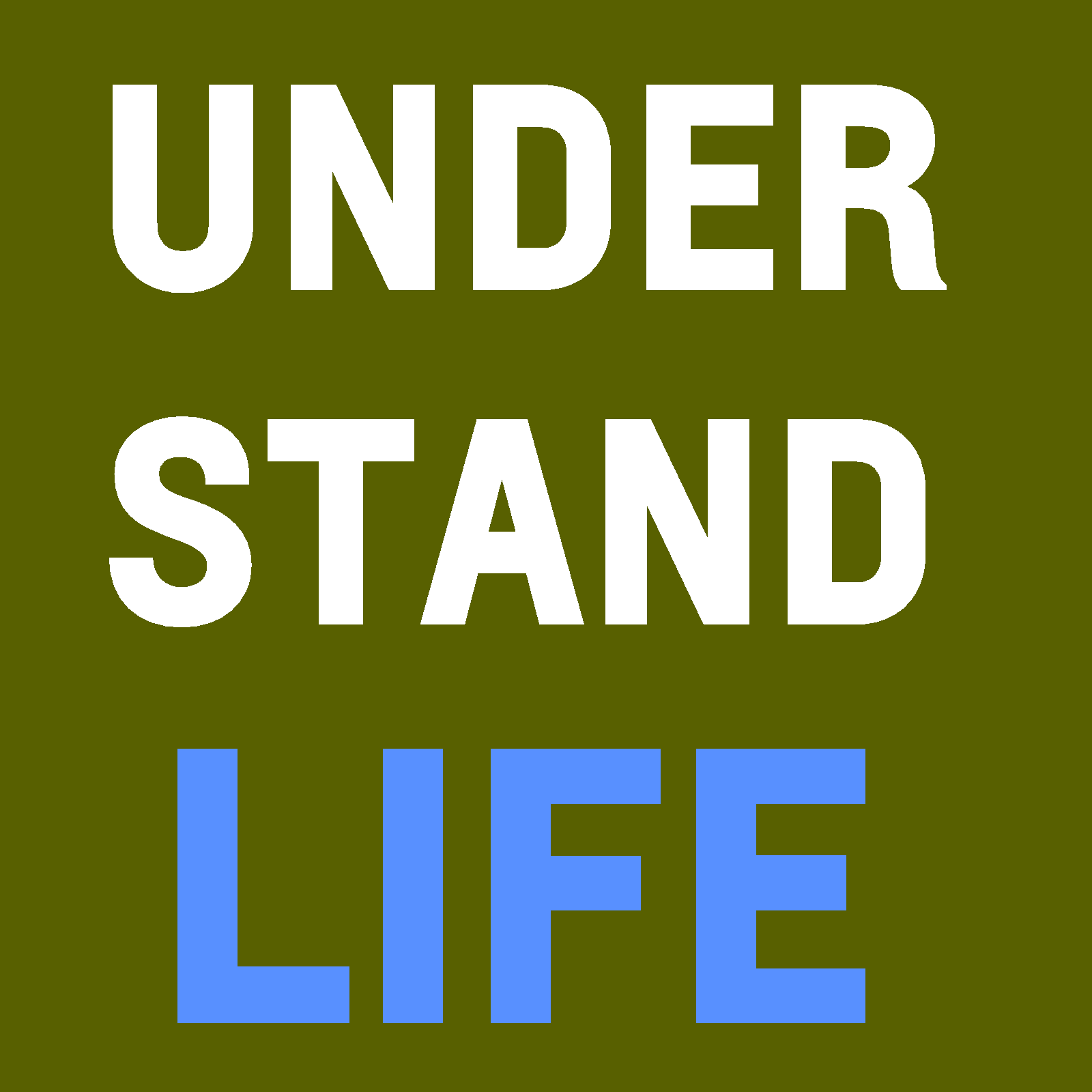
Episode 21.
Clifton Strengths (Part 2)
Question:
What am I good at?
Key Points:
- If you missed it, check out Part 1
- The point behinds Clifton Strengths, which used to be called Strengths Finder, is that you should focus on your strengths rather than your weaknesses.
- There are 34 strengths total
- You can still be whatever you want to be, at a high level, but you should find a role in that profession that uses your strengths
- They are split, though, into four domains of strengths, which are similar to Quadrant Theory
- The four domains/categories are Relationship Building, Influencing, Executing, and Strategy
- Relationship building is similar to Personality Type 2 in Quadrant Theory
- Communication - Cares about everyone being on the same page
- Empathy - Sense people's emotions
- Harmony - Looks for areas of agreement
- Includer - Instinctively want everyone to be included
- Individualization - Everyone is unique and cannot be clumped together
- Relator - Wants a lot of close relationships
- Responsibility - Takes psychological ownership
- These people are the "Glue" that holds the team together
- Influencing is similar to Personality Type 1 in Quadrant Theory
- Command - You will take charge. You will always present the truth and expect others to do the same
- Competition - Likes to win. May only do things that they think they will be able to win
- Developer - Sees the best in others and enjoys helping them grow to be their best
- Maximizer - Is like a perfectionist. Expects themselves and everyone else to be the best they can be
- Positivity - Always on the lookout for everything positive
- Woo - Stands for "Winning Others Over". Is good at getting others on the same page
- Executing is similar to Personality Type 4 in Quadrant Theory
- Achiever - Constantly needs to achieve something because completing things feels good
- Activator - Wants actions to be happening. They expect a lot of energy to be expended by both themselves and others
- Adaptability - Able to quickly respond to the moment and change quickly
- Belief - A really strong faith in something such that you will do things that connect to your belief but you will not do something if it does not
- Discipline - Wants the world structured and predictable
- Focus - Need to know where you are going. Work on only one thing at a time, but get there quickly
- Restorative - Wants to solve problems, especially other people. When someone else is not in a good place, this person both cares about and is good at getting that person back to being whole
- Self-Assurance - Believes that they are awesome. Is very confident that what they know and believe is correct
- Significance - Wants to complete achievements in order for everyone to recognize that you are awesome
- This is what a traditional CEO / Executive looks like: the kind of person who gets stuff done
- Strategy is similar to Personality Type 3 in Quadrant Theory
- Analytical - Looks for patterns in data. Thinks: prove it. Good at understanding if the data really does prove a hypothesis or more data is needed
- Arranger - Is able to find the best way to put things together to make things fit and make good processes
- Connectedness - Belief that everything happens for a reason and need to understand how things that are happening
- Consistency - Believes people function best when the rules are clear and equal to everyone
- Context - Takes a long time to orrient themselves because they need to understand how the present is connected to the past
- Deliberative - Careful and vigilent. Believe that the world is a minefield and people need to be careful to avoid risks
- Futuristic - A dreamer who can see a vision of the future
- Ideation - Appreciates new ideas
- Input - Collects things
- Inellection - Spends a lot of time thinking. Been said to "be your own best friend" because you are happy to spend time by yourself thinking
- Learner - Likes to learn. Only wants to collect information that is valuable. Thrive when you are expected to learn a large amount of information in a short amount of time
- Strategic - Allows you to see patterns where others see complexity. Able to create a way through to a goal.
- Teams are best when they have a mix of strengths, and especially a mix of the different categories, on the team at every level of the organization
